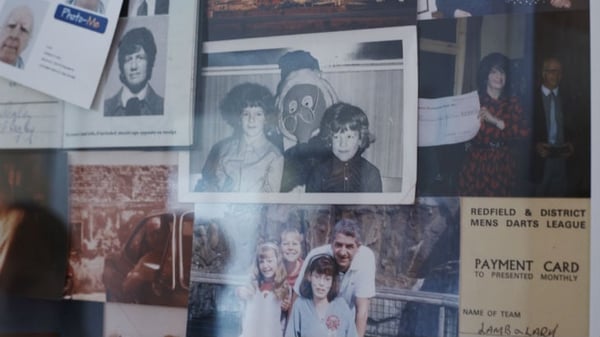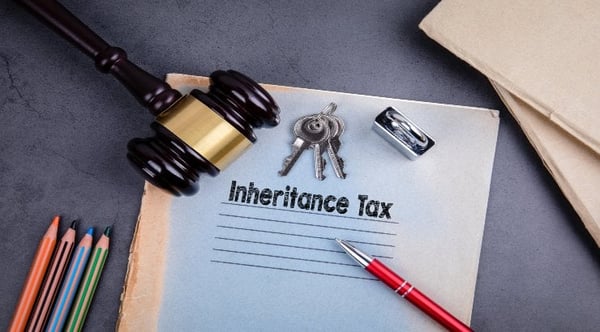Discussing your death with loved ones
We approached Dr Lois Tonkin to find out more about how to broach and discuss end of life planning with your loved ones.

There’s never an easy time to talk with the people you love about what will happen if you become very ill, or how life will be for them after your death. It’s painful to think about them struggling with emotional and practical issues when you will not able to support them. In the long term though, it’s helpful for everyone concerned. If you are very ill, it makes a difference for the people who care about you to know what your wishes for your end of life care are. When you die, it’s comforting for them to know your wishes for your funeral, and to be aware of your hopes for their lives in the future.
How to have these conversations
Timing is important, and starting the conversation can be tricky. Choose a time when things are quiet, and you are unlikely to be interrupted. Sometimes settings where you don’t have to face one another can be useful; if you are up to it a walk or a long drive is often helpful. Try using current events, or the plot line in films, TV, or books as a starting point if you find it hard to launch the conversation.
Talking together is the best way to air your thoughts and feelings, but writing them down is useful too. It’s a helpful record, and if it is just too upsetting for others to think and talk about these things now, they will still know what you hope for, when the time comes. Take some time to think about it and to get your thoughts down, and come back to it to later to give you some distance. You might want to start with smaller things, then move on to the more difficult ones.
Remember, these are ongoing conversations, and you don’t have to get it all out at once. Give the people you care about time to think and feel it through and to come back for more discussion. And of course, as with all communication, it’s important that you listen as well as you speak.
What might you discuss?
- Practical arrangements about legal and financial plans for your possessions and property. Your hopes and plans for your family, your pets, and the people or causes that are important to you.
- Your smaller possessions, and who might appreciate them when you have died. Who would love to continue to connect to you through your books, your music, your tools, your jewellery, or your photographs?
- Your funeral plans. What music or readings and setting would you like, and what style of funeral you would like? Would you prefer to be buried or cremated? Would you wish to have a religious or humanist (non-religious) funeral?
- Medical issues. Under what circumstances would you like to have a DNR (Do Not Resuscitate) plan? How about a Living Will? What do you hope for in your end of life care?
Remember these are your wishes, but circumstances can change with time. Don’t ask people to make promises to you that they might find it difficult to keep.
What else can you do?
For many people the anguish of leaving the people they love when they die is eased by the sense that they have left something behind; a thread that continues to connect those people to you when you are no longer around. A legacy is not only big things like property and belongings. You can be creative about ways to continue to link you to those you care about:
- Saying what needs to be said. Most people have regrets about things they wish had happened differently in life; things that have been said or done that have hurt you, or times that you have hurt the people that are close to you. Those kinds of hurts live on long after you have died if they are not resolved as best as they can be now. Coming towards the end of your life is time to say, “I’m sorry”, “I forgive you”, “thank you”, and “I love you”.
- Recording parts of your life story. Note the people, experiences and times that have been important to you, the lessons you learned, the fun you had, the difficulties you endured.
- Making videos or write letters for family and friends. Tell them things you love about them, or your thoughts about important life events that are yet to happen in their lives - the birth of children, graduation, marriage, or retirement, for example.
Dr Lois Tonkin is a lecturer, researcher, counsellor, and writer about loss and grief. Her work with grieving people, and with the other professionals who support them, reflects her understanding that grief is not only about our responses when someone dies, but about losing anything that is important to us. Dr Tonkin believes that living with the losses of life is not so much about getting ‘over’ them, as finding ways to live with them, and live a happy and full life that includes them.
Find out more about our life insurance
Related articles

What happens to debt when you die?

What happens if you die without a will?

